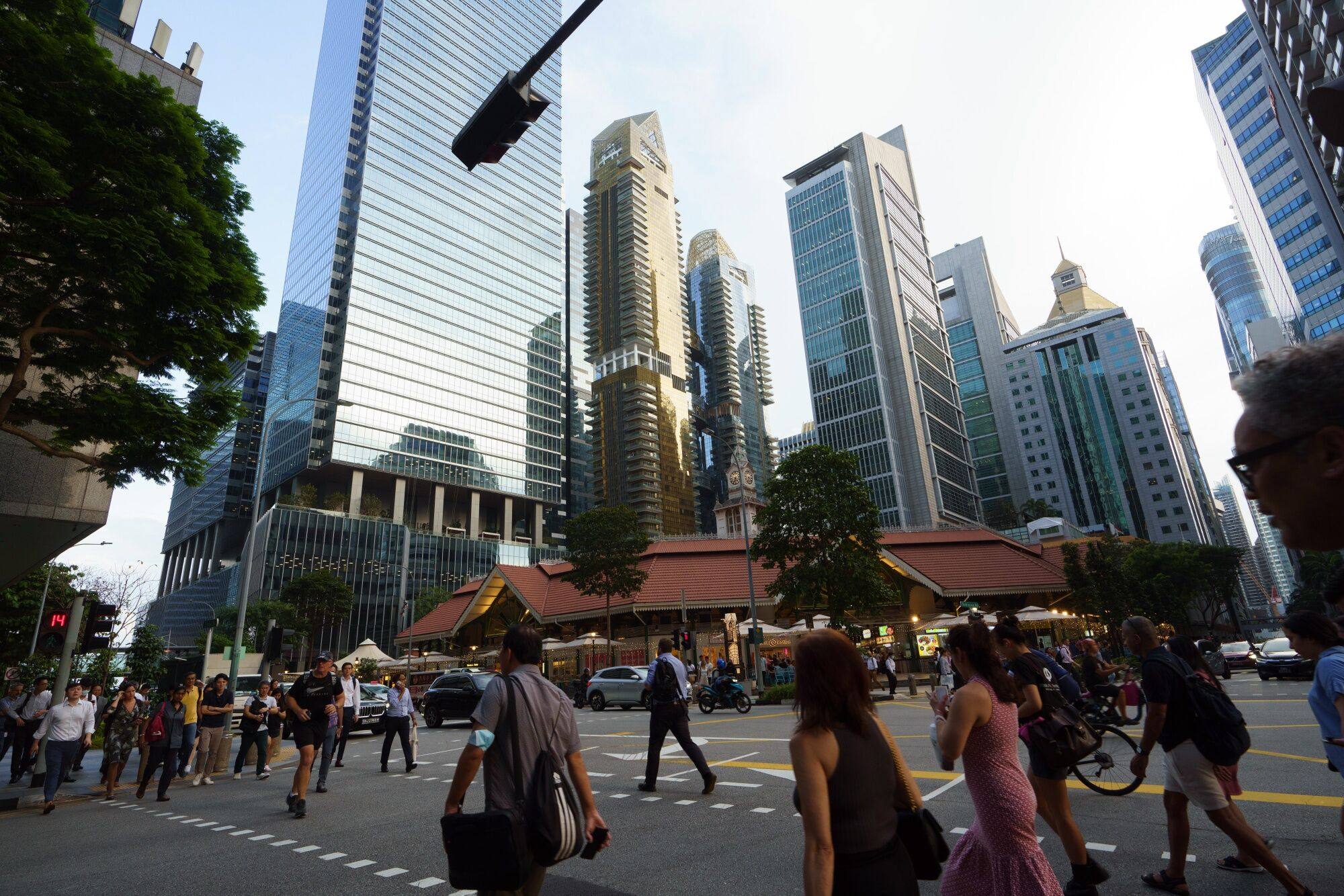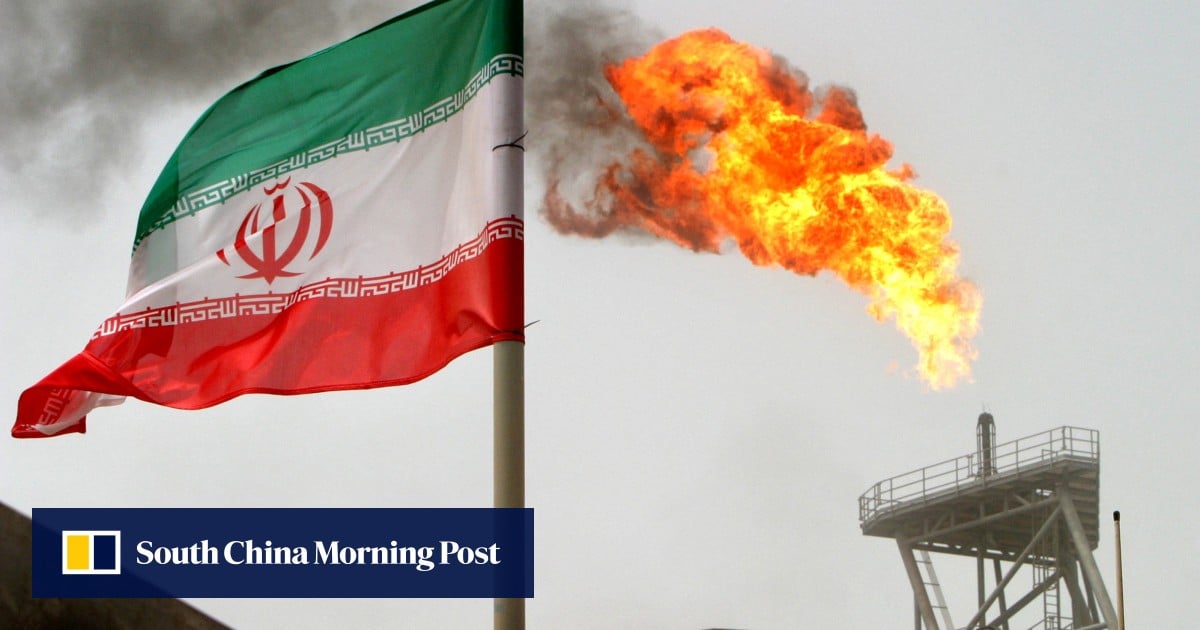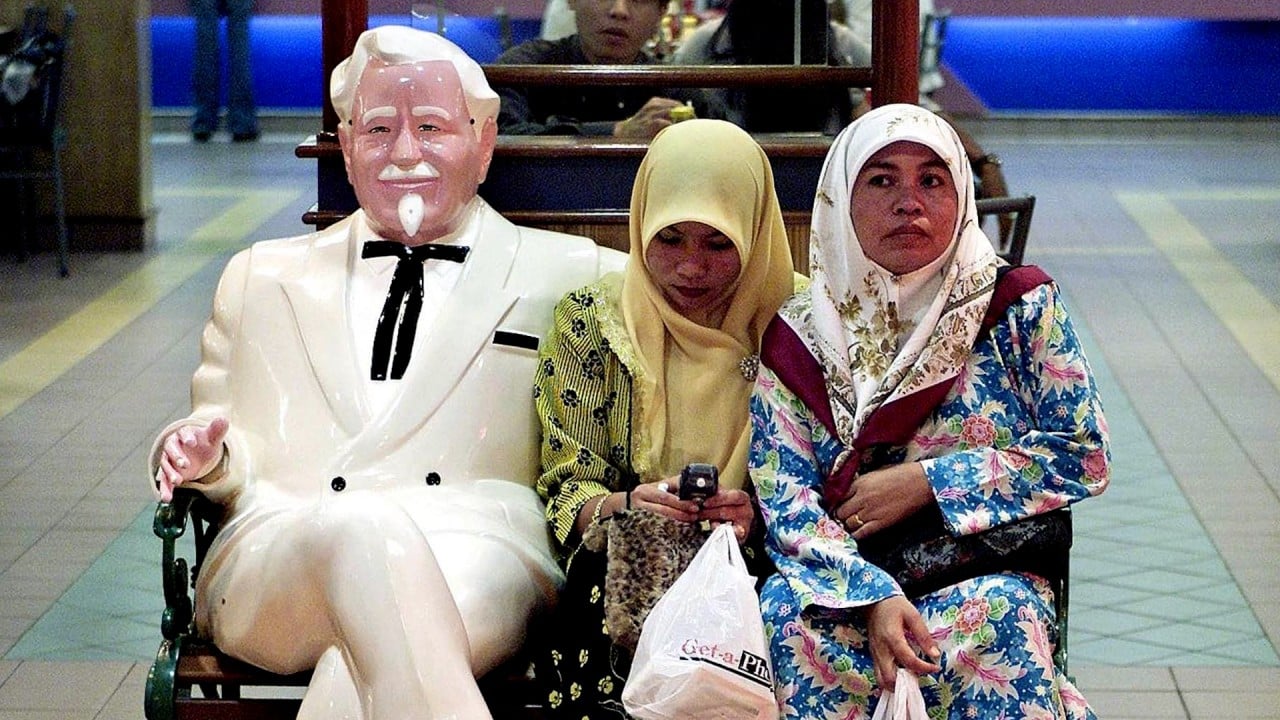Under Secretary of the Treasury for Terrorism and Financial Intelligence Brian Nelson and Treasury General Counsel Neil MacBride will be in Kuala Lumpur this week where they will hold “candid and frank discussions” with Malaysian officials, US Ambassador to Malaysia Edgard Kagan said.
The US delegation will emphasise the importance of “a unified global response to critical threats” in their meetings with Malaysian and later, Singaporean governments, Kagan said.
“We are confident the Malaysian government understands the US position with regards to transhipment of oil that has been sanctioned… and understands the potential impact that could have,” Kagan told reporters on the sidelines of the Defence Services Asia 2024 expo in Kuala Lumpur.
“I would say we are approaching this very much in the spirit of partnership, with the sense that we do share common threats and challenges.”
Iran and dozens of other nations are taking part in the expo to display their defence capabilities. Prime Minister Anwar Ibrahim made a quick stop at the Iranian pavilion during a tour of the expo on Monday.
On Friday, the US Department of the Treasury said it was sending the representatives as part of their work in countering terrorist financing and revenue generation by Iran and its proxies – as well as to discuss the implementation of sanctions and export controls against Russia.
“Since the beginning of this year, Treasury has taken several significant actions to combat and disrupt the illicit shipment of Iranian oil to buyers in East Asia, including shipments via ship-to-ship transfers in international waters near Singapore and Malaysia,” the statement said.
In Malaysia, Nelson and MacBride will discuss Washington’s efforts to disrupt terrorist financing, including through fundraising for fraudulent charities and illicit oil sales, while ensuring that US sanctions and other financial countermeasures do not impede the flow of humanitarian aid to Gaza.
The visit comes after both houses of the US Congress approved a new law dubbed the Stop Harboring Iranian Petroleum (SHIP) Act in November.
The Act includes measures to impose sanctions on foreign ports, vessels and refineries involved in the trade of sanctioned Iranian petroleum products, as well as ship-to-ship (STS) transfers of Iranian oil.

STS transfers involve the delivery of crude oil, petroleum products, liquid bulk chemicals and liquefied gas between tankers while at sea, without the vessel having to call at a port or other facility.
While many such transfers were legitimate, marine insurer Skuld said in a 2021 report there had been an increase in STS transfers off the coast of Malaysia, Africa and the Caribbean that correlated with the reported increase in oil exports from sanctioned countries like Iran and Venezuela.
There was a surge of over 54 per cent in crude oil exports to China in 2023 compared with 2022, which the US Energy Information Administration (EIA) found peculiar as it exceeded total crude oil production by Malaysia, inferring that some supply could have originated elsewhere.
Bloomberg News’ Commodities and energy expert Javier Blas said this was the result of China rebranding Iranian crude it imported as Malaysian.
“It isn’t a small matter: Malaysia was China’s fourth-biggest foreign oil supplier last year, behind Saudi Arabia, Russia and Iraq,” Blas wrote in an opinion piece published on April 23.
The use of STS to circumvent sanctions led to the International Maritime Organization (IMO) adopting a resolution to prevent illegal operations in the maritime sector by the ‘dark fleet’ or ‘shadow fleet’, which comprises “more than a thousand” vintage tankers that are involved in operations worldwide.
A report by the Centre for International Law at the National University of Singapore said tankers that were involved in STS transfer of oil at sea also posed a serious risk of oil pollution.
Last May, one such vintage tanker ‘Pablo’ exploded in Malaysian waters, killing three crew members. The ship was sailing from China to Singapore to pick up crude oil.
US-based watchdog group TankerTrackers reported that the Gabon-registered vessel had transferred 16 million barrels of Iranian crude oil on 29 occasions.
Increased US scrutiny led to a five-fold rise in the number of ships sailing under the flag of Gabon in January in a move by dark fleet operators to avoid focus by enforcement officials, according to maritime intelligence firm Windward AI.
Speaking in parliament in November, Anwar said Malaysia only recognised sanctions by the United Nations Security Council and not unilateral sanctions by the United States.
His comments followed a bill introduced in the US Senate to penalise foreign countries that supported the Palestinian militant group Hamas. Malaysia is a long-time ardent supporter of the group.
“We will maintain relations with Hamas and we will not punish the group as terrorists,” said Anwar.
The decision was in line with the position of the United Nations which did not consider Hamas a terrorist organisation, contrary to the position of Washington and its European allies.

But Malaysian politicians previously said the country was not insulated from the effects of sanctions by the US, such as its pressure on banks to prevent Iranians from opening banking accounts in the country.
Such pressure has led to an exodus of Iranians from Malaysia, to fewer than 10,000 people today from as many as 120,000 a decade ago.
In a report published in 2021 by local news agency Free Malaysia Today, Iran’s ambassador to Kuala Lumpur Ali Asghar Mohammadi said Washington’s pressure on banks was making life extremely difficult for those Iranians already in Malaysia and others who were planning to come to the country for bona fide reasons.
Malaysia has long been one of the few countries that citizens of Iran can visit without a visa, which has enabled members of Iran’s Islamic Revolutionary Guard Corps to travel to all of Southeast Asia, according to the Washington Institute of Near East Policy.
“We have scientists, academics, students and genuine businessmen here who badly need bank accounts. We have issued letters addressed to banks on their behalf but it is not working,” Ali reportedly said.


